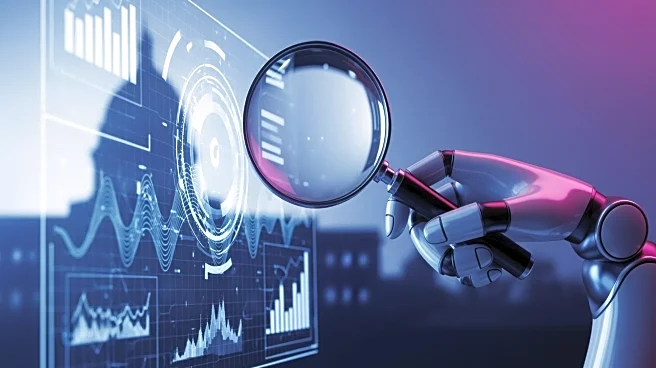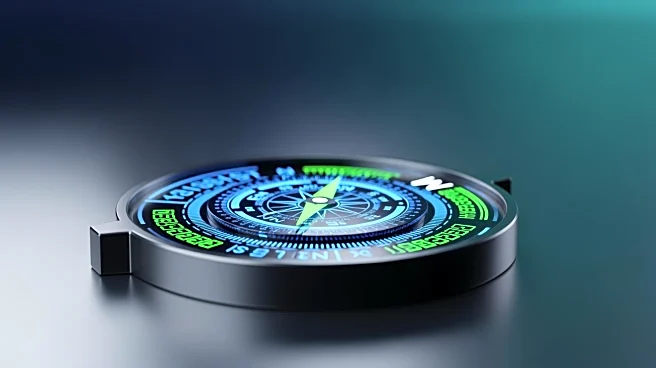What's Happening?
A judiciary panel meeting, chaired by Judge Jesse Furman, focused on addressing the challenges posed by artificial intelligence and deepfakes in the legal system. The meeting, originally planned to be
held in New Orleans, took place virtually due to the ongoing government shutdown, which has resulted in furloughs of court staff. The panel discussed proposals to amend court rules to better handle machine-generated evidence, with a particular focus on deepfakes. The shutdown has hindered progress, as judiciary employees face missed paychecks and the Federal Judicial Center, which could assist in research, is also affected. Betsy Shapiro from the Justice Department highlighted the difficulties in gathering information due to the furloughs. The panel is considering a proposal to require machine-generated evidence to meet the same standards as expert witness testimony, with exceptions for simple scientific instruments. The proposal is open for public comment until mid-February.
Why It's Important?
The deliberations on AI and deepfakes are crucial as these technologies increasingly impact legal proceedings. The ability to manipulate digital evidence poses significant challenges to the integrity of the judicial process. The government shutdown exacerbates these issues by delaying necessary reforms and research. The outcome of these discussions could influence how courts across the U.S. handle digital evidence, potentially affecting the fairness and accuracy of trials. Stakeholders such as legal professionals, technology experts, and civil rights advocates are closely watching these developments, as they could set precedents for the use of AI in legal contexts.
What's Next?
The judiciary panel plans to reconvene in Washington on April 28, with hopes that the government shutdown will not persist. In the meantime, the proposal regarding machine-generated evidence remains open for public comment, inviting feedback from various stakeholders. The panel aims to gather a comprehensive set of comments to inform their decision-making process. The outcome of these discussions could lead to significant changes in how courts handle AI-generated evidence, impacting future legal proceedings and potentially prompting further legislative or regulatory action.










